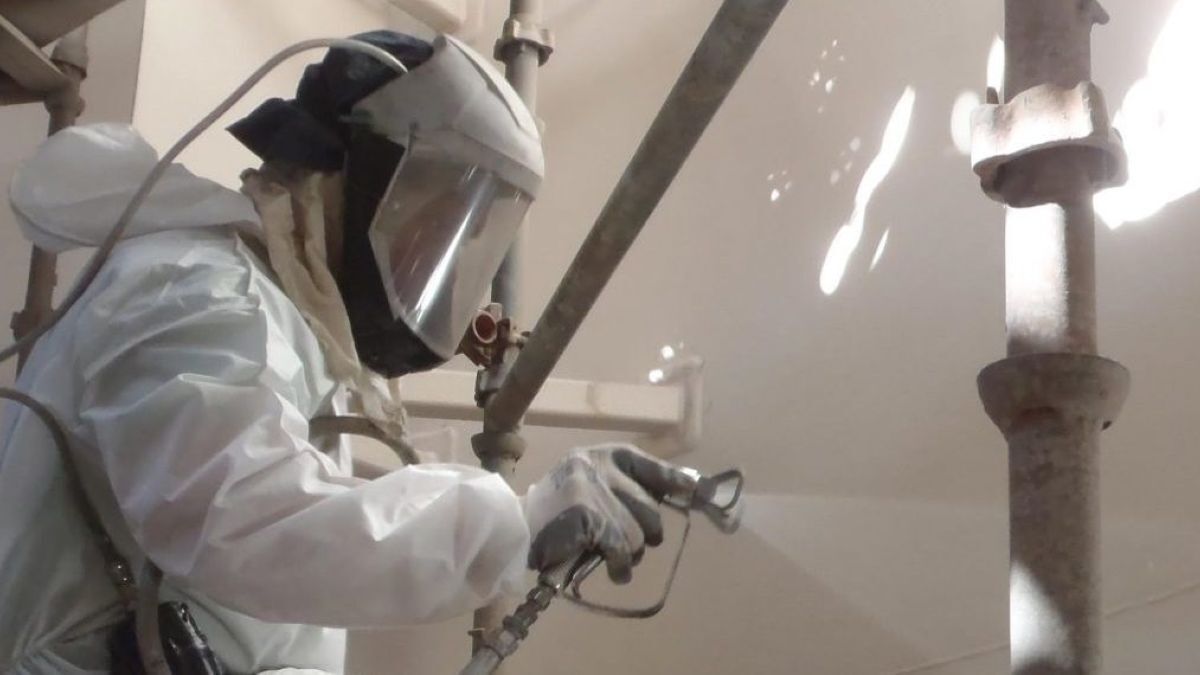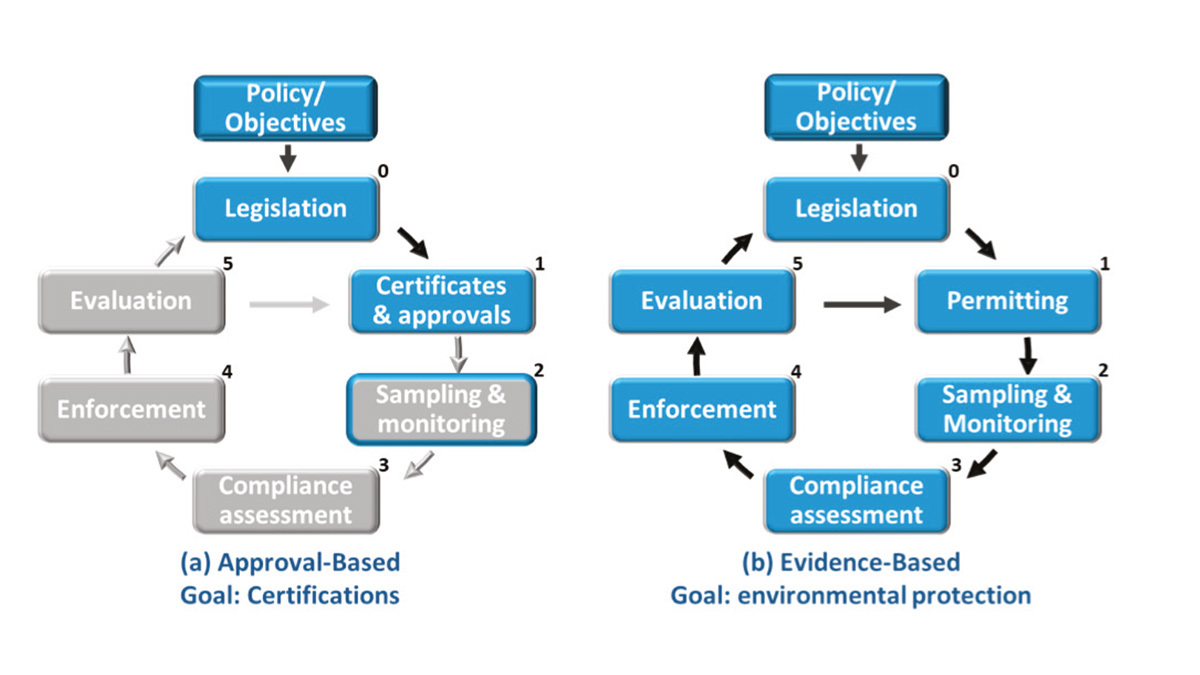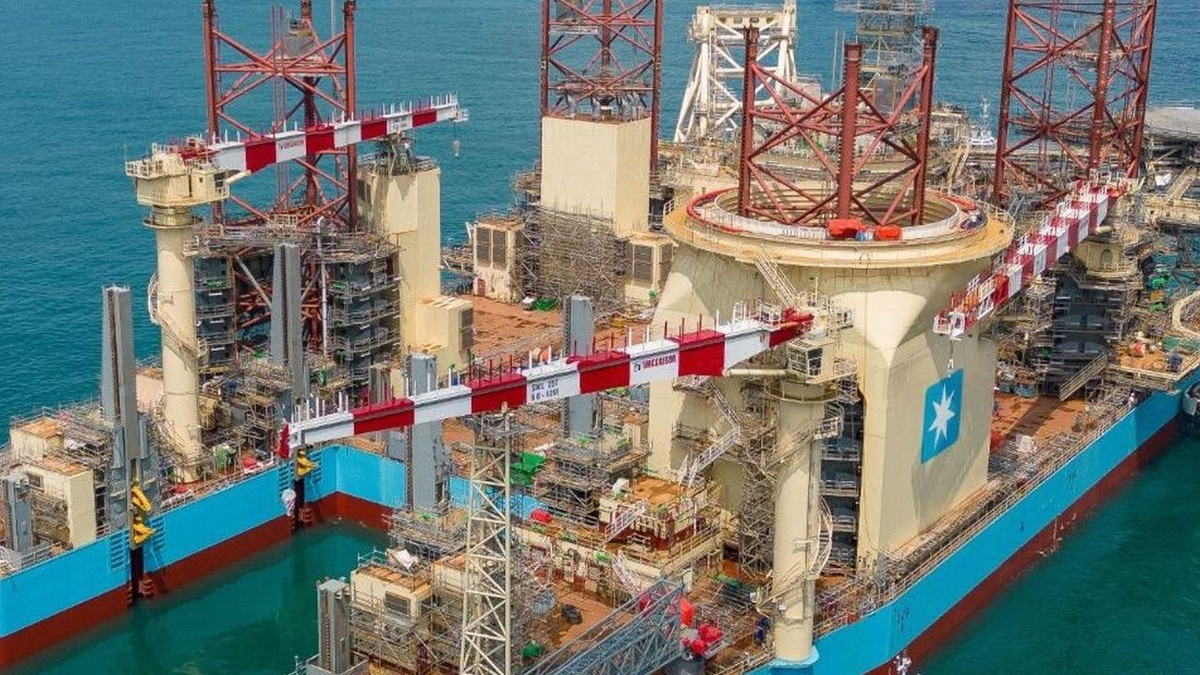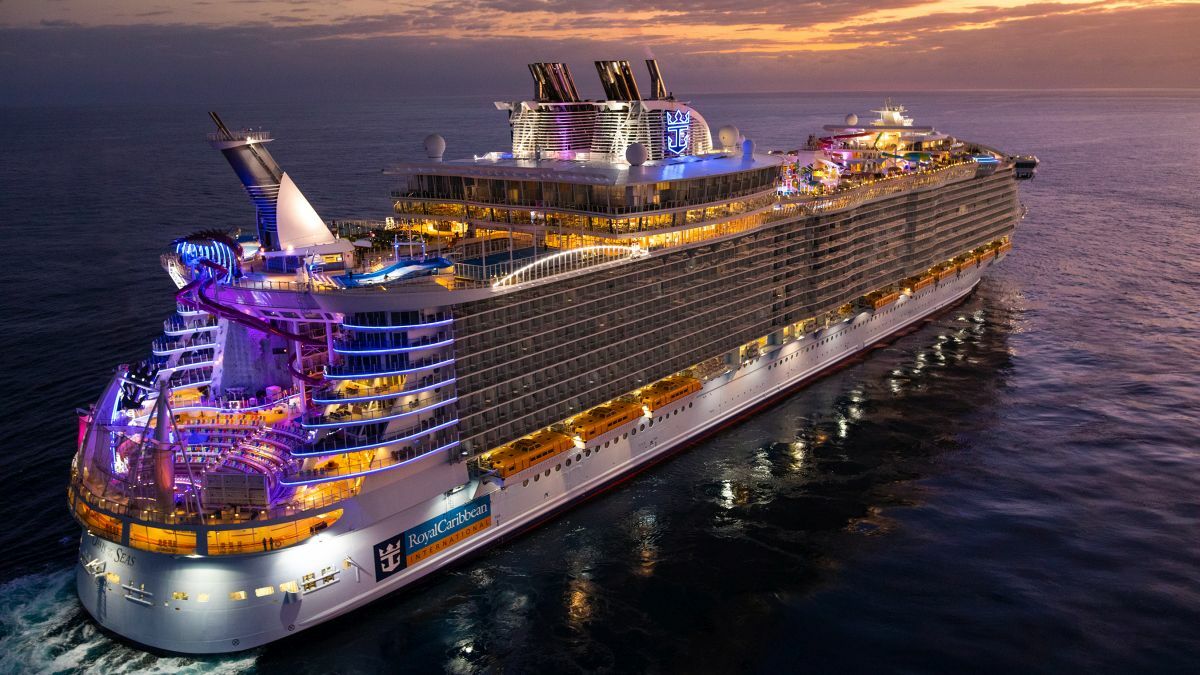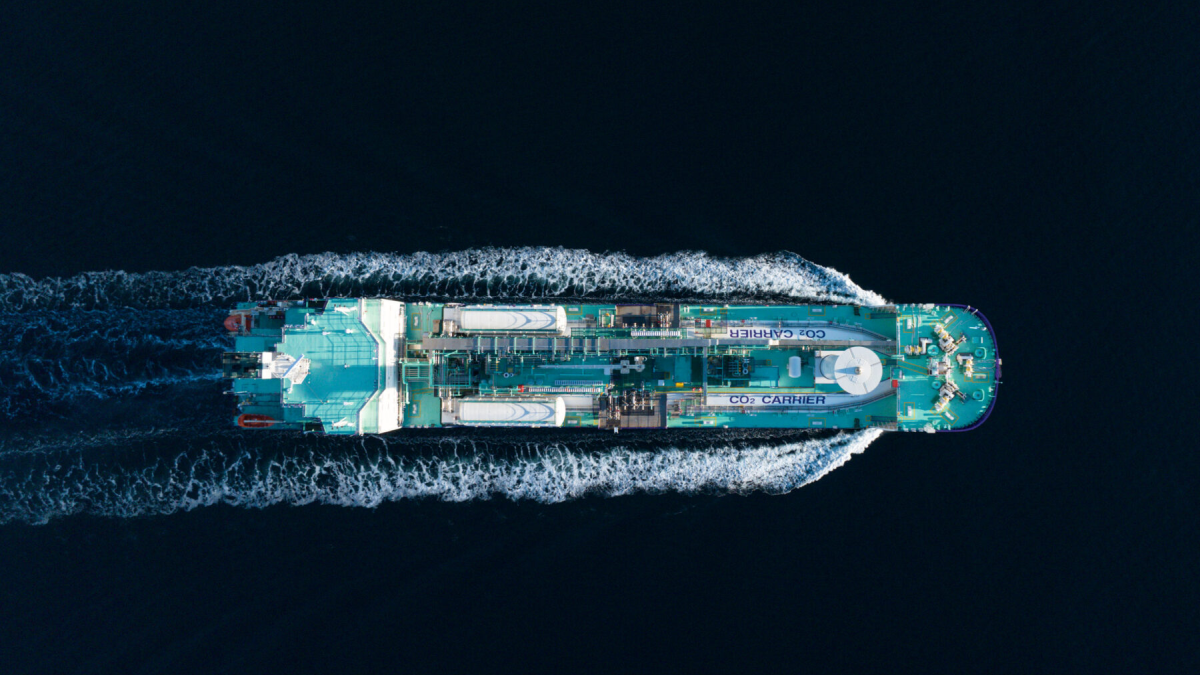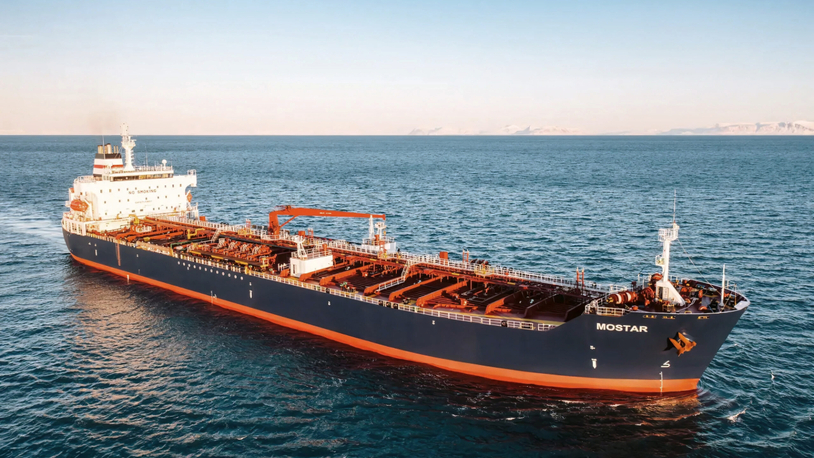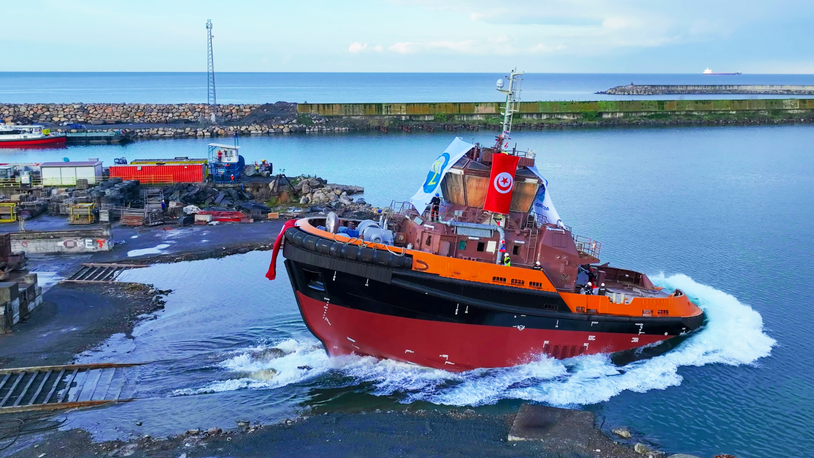Business Sectors
Events
Floating energy: successfully unlocking stranded gas using FLNGs and FSRUs
Contents
Register to read more articles.
APC unveils new tank coating brand
Advanced Polymer Coatings (APC) reported its new Gridlock Technology brand is designed to dig deep into the composition of MarineLINE to give customers more knowledge about its unique structure and incredible strength
MarineLINE is presently used on 12% of the global tanker fleet, protecting their vast cargo tanks. The performance of MarineLINE means it provides resistance to more IMO-approved chemicals than any other coating covering around 5,000 aggressive chemicals compared with 1,500 of contemparies. This enables operators to carry a wide variety of different cargos frequently without risk of cross contamination.
According to APC, it is MarineLINE’s chemistry that Gridlock Technology aims to unlock.
APC vice-president of technology and process, Jeremy Pasatta said, “Epoxy-based coatings have established their presence in the market for several decades, due to their exceptional adhesion to various substrates, their ability to cure under varying conditions and their chemical resistance to numerous commodities. But MarineLINE is a superior alternative solution due to its exceptional qualities such as high resistance to a broader range of chemicals while maintaining a tough and durable surface that facilitates easy cleaning.”
He added, “Gridlock Technology provides these qualities and APC applies their benefits not only to its MarineLINE brand but also our ChemLINE coating for industrial applications.”
Mr Pasatta said chemical resistance and coating durability depend on various factors, with the primary contributor being crosslink density.
“This reflects the number of times the epoxy or polymer interacts with the curative compound within a specific space,” he said. “A higher number of crosslinks results in better chemical resistance and simple cleaning. Traditional epoxies have a relatively low crosslink density while Gridlock Technology has the maximum number of crosslinks per volume, giving it the highest functionality of any coating available.” he said.
Mr Pasatta said the elevated crosslink density is due to the high functionality polymer and its curative. Most curatives interact directly with the epoxy, resulting in some distance between reaction points. But some curatives can be triggered by heat to cause the epoxy or polymer to react with itself. This provides more reaction points per unit volume and increases crosslink density, enhancing chemical resistance and durability.
“Gridlock Technology capitalises on this phenomenon,” he explained.
Turkish and Chinese shipyards are among APC customers who are currently benefiting from MarineLINE’s Gridlock Technology on newbuilding and recoating jobs. All are using the material’s molecular-level bonding, which creates a smoother surface, when compared with other coatings, and a virtually impermeable composition. This makes it easier and quicker to clean than coatings that absorb some of the cargo, which can take several days to sweat out.
As a result, a MarineLINE-coated ship can be cleaned with about 12 hours of hot water washing, which is a fraction of the 56 hours APC estimates is needed for zinc silicate-coated vessels.
Shell is has recognised MarineLINE’s Gridlock Technology resilience. After a nine-month study – verified by the quality assurance company Intertek – into MarineLINE’s suitability for tanks carrying benzene followed by monoethylene glycol, chemists from APC and Shell confirmed a tank coated with MarineLINE could handle that sequence without cross contamination.
As a result, Shell updated the relevant Cargo Handling Sheet to allow all grades of ethylene glycol to be carried in tanks coated with MarineLINE.
It is not too late to register for International Chemical & Product Tanker Conference (25-26 April 2023) in London. Register your interest here or to be a participant, please contact Rob Gore: rob.gore@rivieramm.com
Related to this Story
Events
Maritime Regulations Webinar Week
Floating energy: successfully unlocking stranded gas using FLNGs and FSRUs
© 2024 Riviera Maritime Media Ltd.


